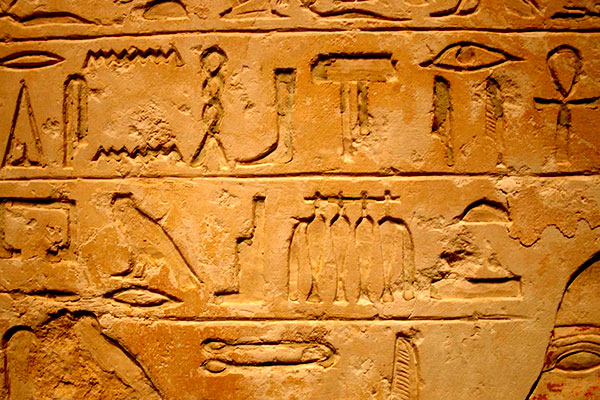Microbiographia | Issue 19
Évariste Galois - Rockstar Mathematician
What circumstance might be blamed for Galois’ untimely death? What could bring a young man of such intellectual promise to the precipice of existence at such a tender age? Although the true reasons for his death remain unclear, it is apparent that Galois was a man of complex and powerful passions. In a letter written five days before the duel, Galois alludes to a broken love affair. Some suggest his unknown opponent was a romantic rival. Others believe the duel to be politically motivated – France at the time was in political turmoil, and Galois was anything but a nonpartisan spectator. However he arrived at that fateful day, there is enough of note in the politics, mathematics, and romanticism of Évariste Galois to satisfy any budding historian.
Galois was born in a French village in 1811. His father was mayor from 1814, and his mother educated him at home. Though he entered institutional schooling at age 12, Galois quickly grew bored with his studies. Instead, he spent his time reading mathematics textbooks and the like (I suppose he was an unusual teenager). For the mathematicians, physicists, and educated laypeople among you, I’ll note that he was reading the original papers of Lagrange by 15.
At 17 Galois attempted the entrance exam for the most prestigious mathematical academy in France, and was turned down. Apparently his failure was due to insufficient explanation in the oral component of the exam. The following year, he attempted entrance once more and was again turned down. Though Galois’ ability is undisputed, legend holds that he found the exercise proposed by the examiner offensively simple. As a result, he stormed out. Touchy.
I’m now perilously close to my word-limit. Galois’ mathematical writings culminated in what is now known as Galois Theory. His anti-royalist political stance led to him being arrested twice and imprisoned for six months. No more words. He’s really cool, look him up.



